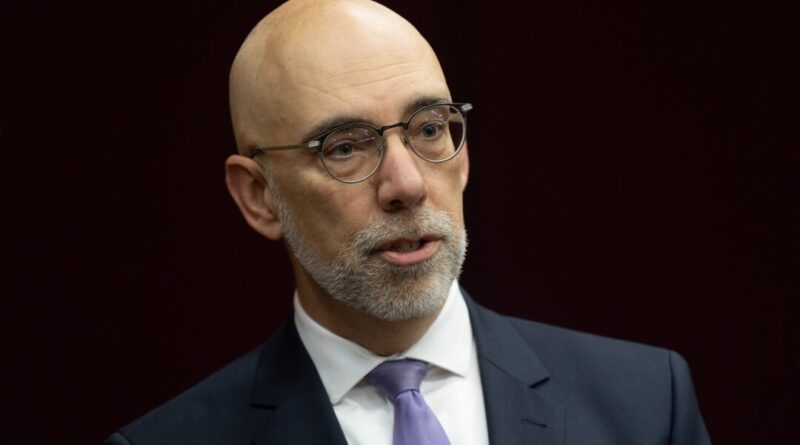Watchdog Organization Reveals Government Letter Regarding Lack of Transparency in Carbon Pricing Data
The federal budget watchdog has recently made public a letter it received from Environment Canada, asking that government data related to the economic impacts of carbon pricing not be disclosed to the public.
Mr. Turnbull criticized the PBO for an error in its analysis of the fuel charge, which resulted in an overestimation of the economic impacts of the carbon tax.
The PBO admitted this error in mid-April, noting that it included the industrial pricing system incorrectly in the calculation.
Mr. Giroux stated that a new analysis with accurate data, expected in the fall, is unlikely to change the initial findings. The PBO maintains that the majority of Canadians are financially worse off due to the economic impacts of the carbon tax.
Mr. Turnbull raised questions about Mr. Giroux’s statement during the committee session. “How can you assume the outcomes of a future report that hasn’t undergone analysis yet?” he inquired.
Mr. Giroux defended his viewpoint based on various factors and mentioned reviewing Environment Canada’s analysis of the economic effects of carbon pricing.
“Although my office has seen the analysis, we have been explicitly instructed not to disclose or reference it,” he pointed out.
When prompted by an MP to elaborate on its contents, Mr. Giroux explained, “The letter confirms the findings of our published report, essentially. This is why I stand by our previous publications.”
The correspondence from Environment Canada dated May 14 was a response to the PBO’s information request in late April.
The letter included attachments related to the impact of carbon pricing on the GDP from 2022 to 2030 and on the economic repercussions on various sectors during the same timeframe.
Carbon pricing comprises the fuel charge (carbon tax) and an industrial pricing system for major emitters known as the output-based pricing system.
“Overall, the data indicates that the carbon price continues to play a role in achieving incremental carbon reductions,” as per a spokesperson from his department quoted by The Epoch Times.
The topic of the carbon tax has become highly politicized, with Conservatives advocating for its elimination as part of their strategy to tackle the rising cost of living.
The Liberal government argues that implementing a pollution price is an effective approach to curbing greenhouse gas emissions and combating climate change.
Conservative Party Leader Pierre Poilievre called on the government to lift the “gag order” imposed on the PBO during question period on June 5, to enable the disclosure of Environment Canada’s analysis on the impact of the carbon price.
“They are concealing the true costs of the carbon tax from Canadians,” he asserted.
Deputy Prime Minister Chrystia Freeland retorted that “the Conservative leader appears to be under a gag order” preventing him from acknowledging anything positive about the country.





